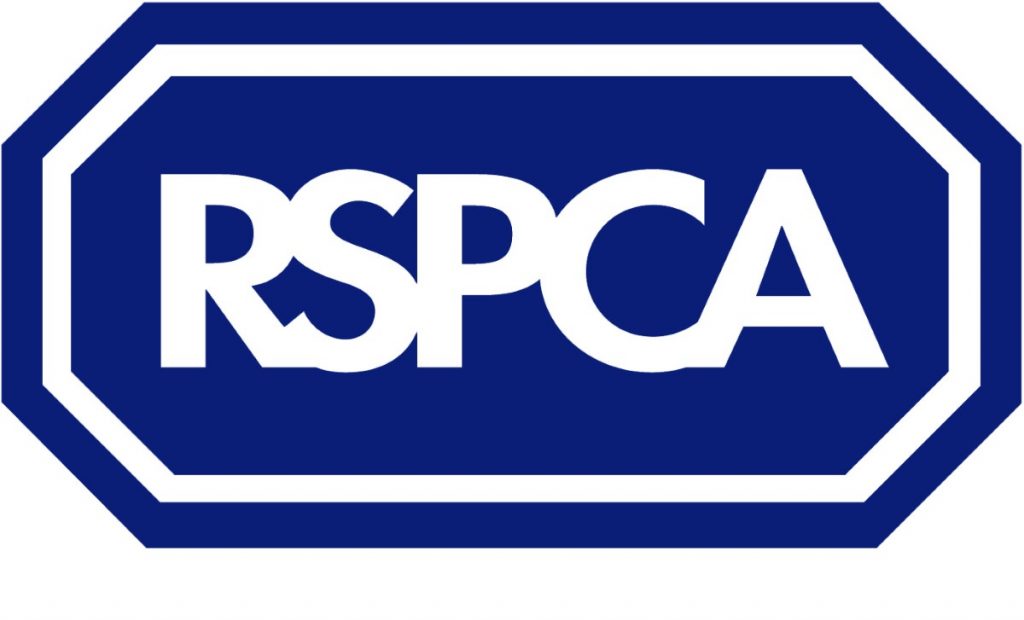RSPCA slams circus rebranded as an ‘educational evening’
The RSPCA is calling for swift enactment of a ban after a travelling show using wild animals relabelled itself as an educational performance.
The Society has long been campaigning for a ban on the use of wild animals in circuses and, if introduced, a draft Bill would make it an offence for any circus operator to use a wild animal in performance or exhibition in a travelling circus in England.
Now that one show has rebranded their performance as an educational event, RSPCA officials are calling for the ban to be enacted as quickly as possible to prevent big cats being hauled around the country in the name of entertainment.
RSPCA senior scientific officer Dr Ros Clubb said: “We are deeply concerned about the welfare of lions and tigers involved in this, or any other, travelling training display or show.
“We believe that many animal lovers could be duped into attending the show as they may be under the impression that this show helps the animals in some way when this is actually just a circus by another name. We strongly urge people to vote with their feet, and give this tour a miss.
“The impact of these travelling shows on animal welfare is serious and potentially debilitating for each and every animal involved. Animals are forced to endure the constant travel, cramped temporary cages and noisy conditions in that kind of environment.
“This show is the perfect example of why the ban on wild animals in circuses needs to be introduced quickly and the draft legislation also needs to clearly outline what a circus is.
“This show may be masquerading as an educational event but the simple fact is that it is still a circus and the way these animals are being kept will be exactly the same.
“There is nothing educational about seeing these animals in this kind of environment and there is no justification for keeping wild animals in this way.
“Shows like this will never be able to keep wild animals in a way that provides acceptable standards of welfare and placing an animal in surroundings unsuitable for the species can cause serious stress and behavioural problems.
“The circus is not the greatest show on earth, it is the saddest show on earth for the wild animals used and it is a practice that needs to be abolished.”
The RSPCA is urging people in England to contact their MP to help bring about a ban on the use of wild animals in circuses to help these long forgotten animals. http://www.rspca.org.uk/getinvolved/campaign/bigstop/takeaction
Notes to editors
? — Research shows that the conditions necessary to meet the welfare needs of animals such as elephants, tigers and lions are simply not feasible in circuses and travelling shows – which by their very nature involve almost constant travelling during most of the year.
? The wild animals are transported in beastwagons, which are restricted to the maximum size of a lorry permitted on roads. They are housed in small, barren temporary enclosures for 90-99% per cent of the day which are, on average, about 1/4 of the size of those recommended in zoos. Some animals are simply tethered to a peg on the ground – unable to move a few metres or to socialise with others.
? Loading and transport, which are well known stressful events even for experienced animals, occur on a weekly basis for the 5-10 months circuses travel around the country. Researchers granted access to circuses have reported high levels of behaviour in animals being transported indicative of welfare problems – such as tigers pacing back and forth and elephants weaving from side to side.
? —European neighbours Austria, Belgium, Bulgaria, Croatia, Cyprus, Greece, Malta, the Netherlands, Slovenia and Latvia as well as several countries further afield (Bolivia, Colombia, Costa Rica, El Salvador, Israel, Mexico, Panama, Paraguay, Peru, Singapore) have all successfully banned the use of wild animals in circuses.Slovakia, India, Czech Republic, Sweden, Hungary, Finland, Ecuador and Denmark also have imposed bans on key species and Portugal has banned circuses breeding their existing wild animals or acquiring any new ones. Estonia and Poland have banned the use of all wild-caught animals.
? —The public have made their feelings on this issue clear. Of more than 10,500 analysed responses to its 2010 consultation, 94% favoured a ban, including representatives of zoo and veterinary professions.
? In Wales the power to introduce a ban lies with the Welsh Government.
? RSPCA Cymru has recently launched a petition calling for the Welsh Government to introduce a long-awaiting ban on the use of wild animals in circuses. The petition will be submitted to the National Assembly for Wales’ Petitions Committee in October 2015.
? http://www.rspca.org.uk/getinvolved/campaign/bigstop/circusesinwalestakeaction





-01.png)